A report which went before the Labour-controlled council, which runs an in-house collection service, on 22 September estimated that Leeds expected to overspend on its waste management services by £4.9 million this year.
This includes the costs of providing additional crews and vehicles to deal with “continuing” increased volumes of household waste due to the Covid-19 pandemic, of disposing of this additional waste, and of providing additional staffing cover at household waste recycling centres (HWRCs).
The inquiry is to be run jointly by Leeds’s environment, housing and communities and strategy and resources scrutiny boards. The former will look at ways in which recycling rates can be improved, while the latter will look at costs.
A council spokesperson told letsrecycle.com: “The primary aim of this inquiry is to assist, from a budgetary and strategic viewpoint, in enhancing the recycling services offered to Leeds residents, particularly at a time when there is major policy focus on this agenda through the declaration of a Climate Emergency in Leeds in March 2019.”
As part of the inquiry, the strategy and resources scrutiny board will look at the “cost and viability” of collecting alternative waste streams at the kerbside, contractual issues and materials markets, and the requirements of the government’s Resources and Waste Strategy.
The inquiry will take place “throughout the municipal year”.
Leeds
Representing 357,000 households, Leeds city council had a household waste recycling rate of 38.2% in the 2019/20 year, the most recent available data.
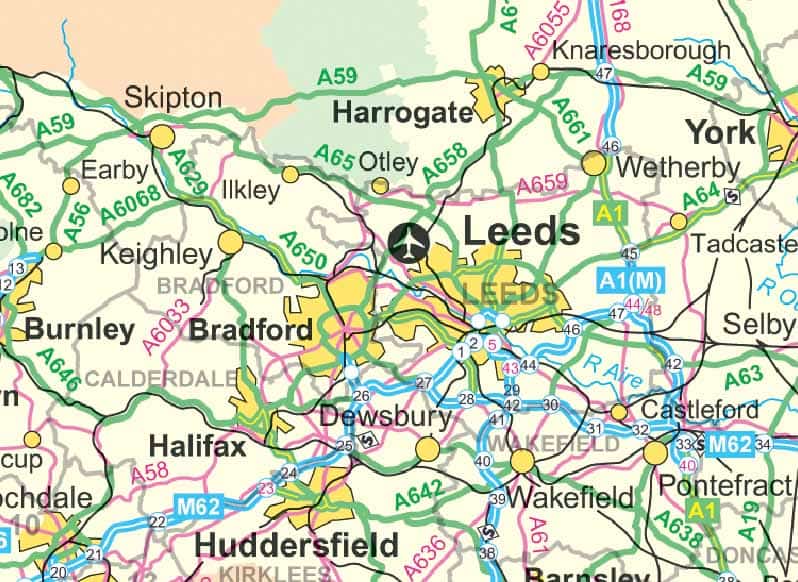
The council collects household waste from the kerbside in-house and holds contract with several companies for the material’s disposal.
In documents set to go before a meeting of the strategy and resources scrutiny board on 21 October, the council estimates that it will collect 208,172 tonnes of residual materials in 2021/22 and dispose of it at a cost of £14,797,289. It estimates it will collect 115,857 tonnes of recyclable materials, with disposal costs of £2,012,369.
Leeds’s overall operational budget for its waste management services in 2021/22 is £33,278,093. This includes staffing, transport, and disposal costs, amongst other things.
Disposal
The council documents also give a comprehensive breakdown of how the city deals with waste.
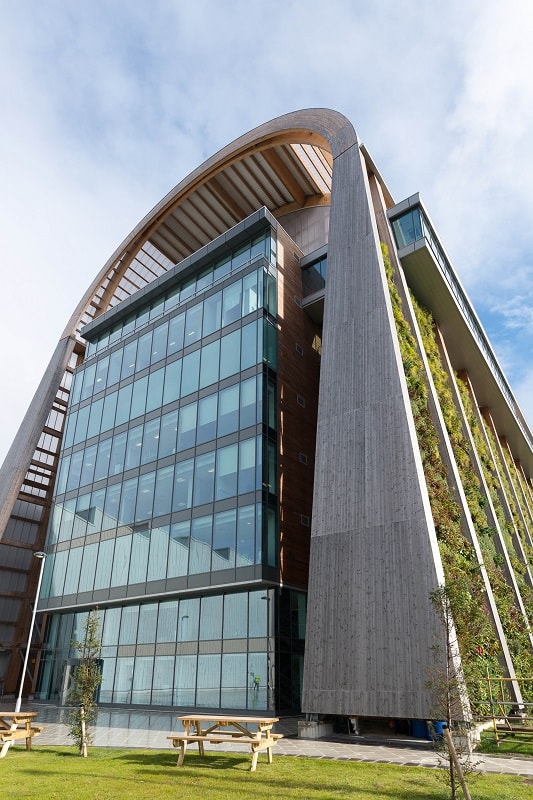
Most (76%) Leeds households have a fortnightly collection of their dry recyclable waste, alternated with the black bin. All dry recyclable waste collected in green bins is taken to the council’s current contractor, HW Martin, to sort and process at their site off Dewsbury Road in Leeds.
The council collects garden waste in brown bins for free every fortnight from 216,000 households citywide. Currently, Leeds takes its garden waste to two contractors – Wastewise, based near Esholt, and Biffa, based at Skelton – for them to process into compost.
All Leeds’s black bin waste is collected and taken to the energy from waste (EfW) plant at Cross Green, operated through a contract by Veolia. The energy is used to generate electricity to be fed into the National Grid, while the heat is used to feed the Leeds Pipes network, providing heating to households and businesses.
The council provides a network of more 700 bottle banks throughout the city where people can dispose of mixed glass bottles and jars. The bottle banks are provided by the council, but the collection/emptying and transportation to the processing plant is through the contractor, URM, which also processes the material.
About 12,400 households use a kitchen caddy and compostable liners system to leave food waste out for collection. One refuse crew is dedicated to this, offering a weekly collection service. Food waste is taken to Biffa’s anaerobic digestion plant in Cannock.
The council also provides some collection points and bring banks for textiles, paper, batteries, and waste electrical and electronic equipment (WEEE).





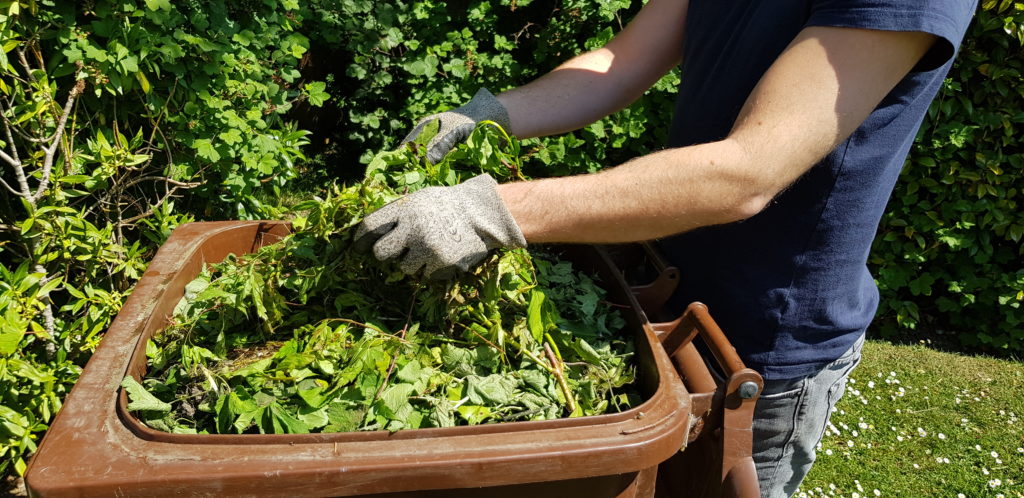
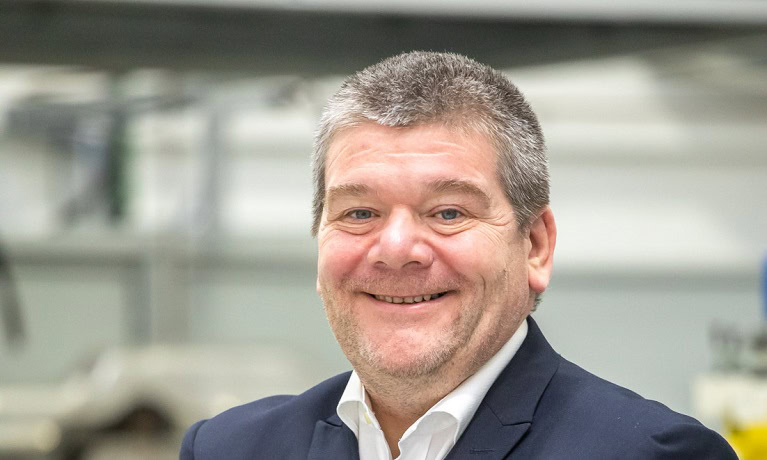
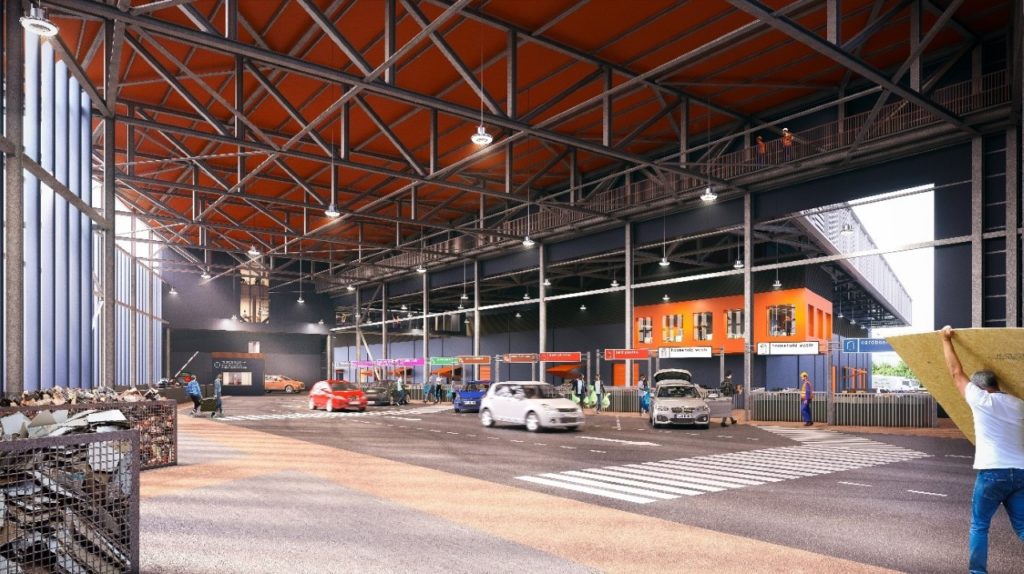


Subscribe for free